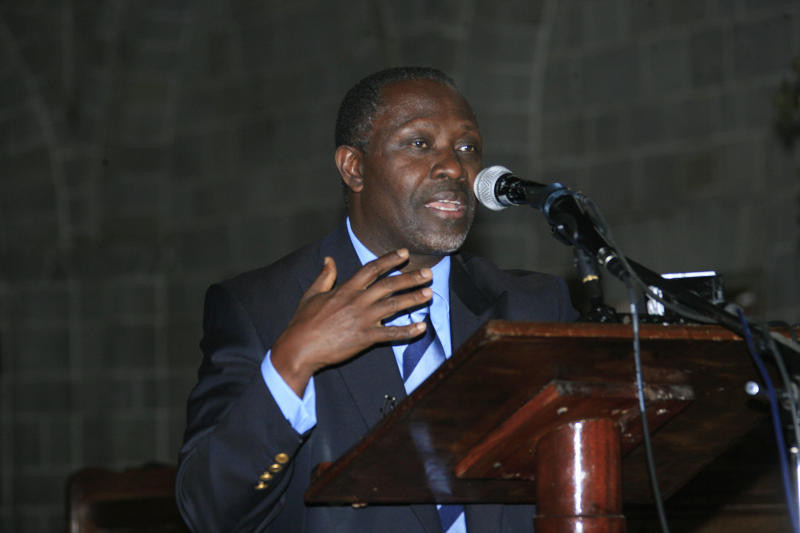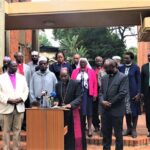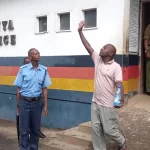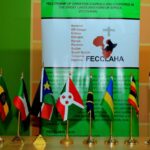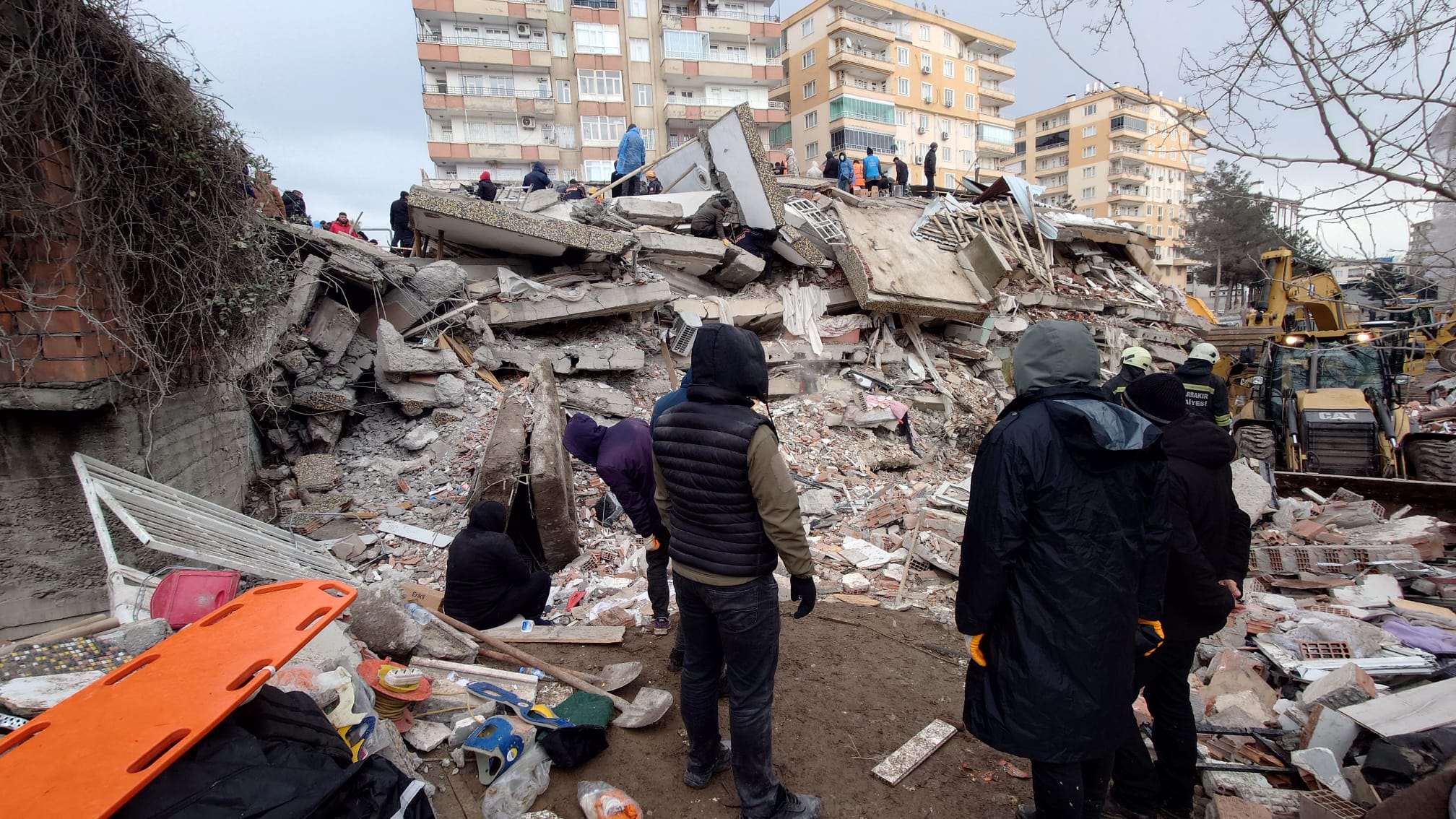A 17-member presidential task force formed to probe churches in the country has begun collecting views from the public today.
Interior Cabinet Secretary Kindiki Kithure announced yesterday that the task force will commence its sittings immediately and asked Kenyans to offer their views on the way forward.
“I urge all Kenyans to candidly, honestly, and objectively, submit their views to the team. The operation on criminals hiding behind religion is not at war against any faith or institution. Crime knows no religion,” the CS said.
The task force chaired by former Mbeere MP Mutava Musyimi is tasked with reviewing the legal and regulatory frameworks governing religious organisations.
Speaking when he attended a church service at Kenya Assemblies of God in Sagana, Kindiki said, “There is no difference between what happened at Shakahola with terrorism. The same way we have viciously fought terrorism and violent extremism hiding behind Islam is the same way we will fight extremists and terrorists hiding behind Christianity and using the Holy Scriptures to mislead our people.”
The formation of the task force is a result of the Shakahola massacre in which more than 200 members of a religious-like cult died of alleged starvation.
Kindiki has maintained the government will not back down on the resolve to weed out all rogue preachers who are using the Holy Scriptures to mislead, radicalise and indoctrinate their followers.
Anglican Church of Kenya (ACK) led by Archbishop Jackson ole Sapit said it would support any regulation aimed at stemming the proliferation of cultic practices in the church but insisted that such a law must promote religious freedoms for all citizens.
The Taskforce has six months to complete its mandate.
It will formulate proposals on standards and minimum certification requirements for all religious organisations and their leaders for them to be allowed to be registered and to operate in their local communities.
Other roles assigned to the task force include identifying gaps and proposing legal and governance changes to prevent religious extremism. They will also formulate proposals on civic education and additions to educational curricula that sensitise Kenyans on identifying, avoiding or leaving religious extremist organisations.
Archbishop Maurice Muhatia, Bishop Eli Rop, and Mark Kariuki are among the members of the team.


